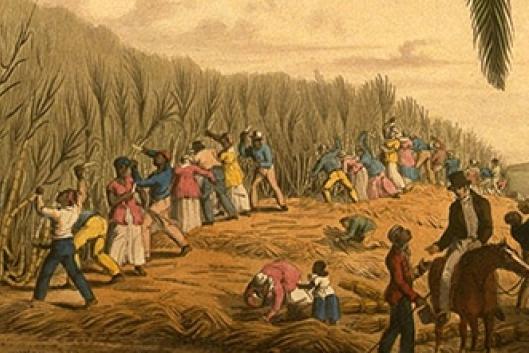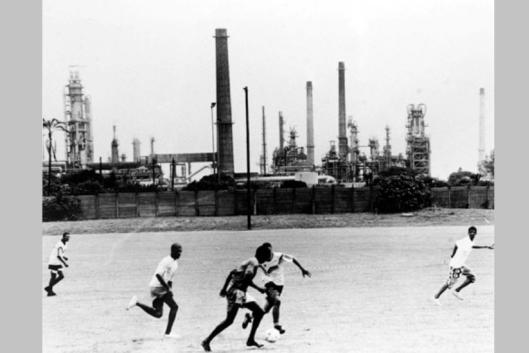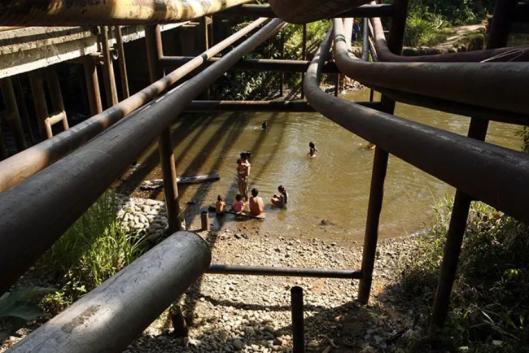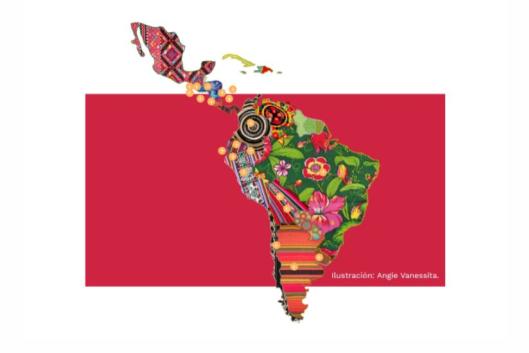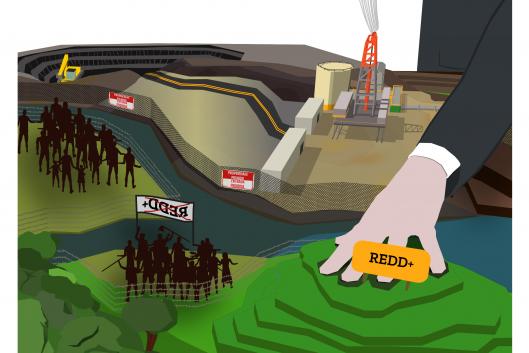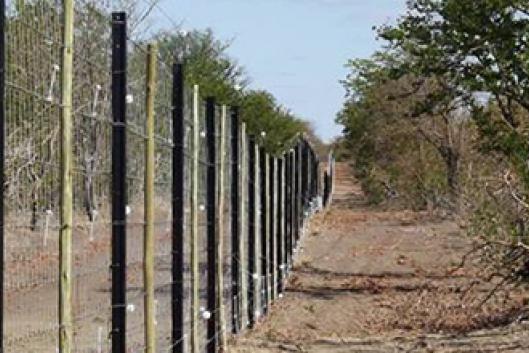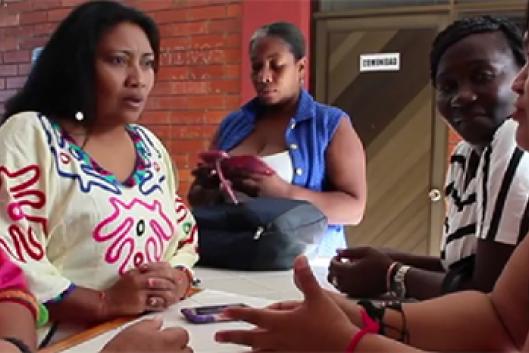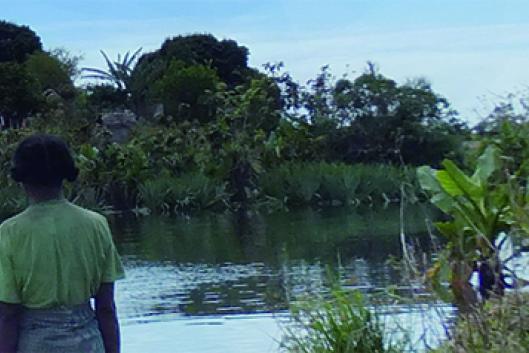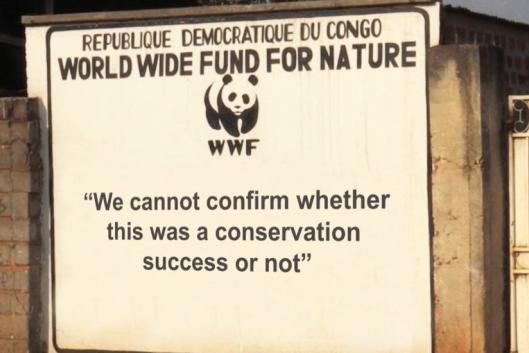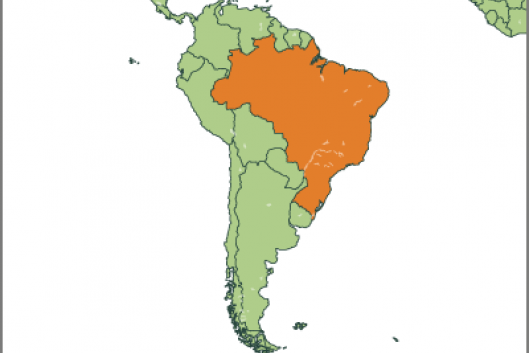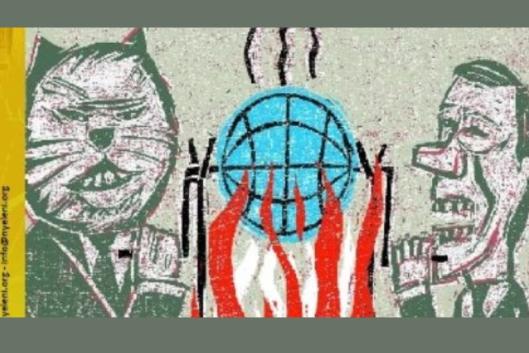Nigerian author Chimamanda Ngozi warns us of the risks of listening to the same version of a story over and over again. That story we repeatedly hear in history books, the media or literature, about a people or culture or particular place is ONE of the many existing and possible stories. But then, which story is constantly repeated? The prevalence of one particular story almost always responds to global power structures: “How they are told, who tells them, when they are told, how many stories are told, are really dependent on power (…)Stories have been used to dispossess and to malign.”(1)
Bulletin Issue 223 – April 2016
Racism in the forests: a process of oppression at the service of capital
WRM Bulletin
223
April 2016
OUR VIEWPOINT
RACISM IN THE FORESTS: A PROCESS OF OPPRESSION AT THE SERVICE OF CAPITAL
-
9 May 2016In 1969, at the age of 3 my parents were forced to move from the home in which I was born, in a neighbourhood of people of all colours, ethnicity and even class, to a sand dune cleared of all its vegetation and left naked except for poorly constructed block houses with no internal electricity, plaster or ceilings and crowned with an asbestos roof. We were moved because my family was classified in South Africa as coloured (Black), people of mixed descent. Because of our physical features we were treated differently by the State, which was an all white apartheid State.
-
9 May 2016“Environmental racism” is a concept it's hard to imagine environmentalism ever having done without. It names a reality that can't be tackled “before” or “after” environmental campaigning, but has to be confronted every day in building movements against the ways oppressive societies organize nature.
-
9 May 2016What is the Indigenous Environmental Network? The Indigenous Environmental Network (IEN) was born in 1990 in North America of hope, courage and common vision by Indigenous youth, women and elders of many Tribes to protect our dignity from environmental destruction taking place in our homelands. IEN is a large alliance of Indigenous communities on the frontline of resistance against fossil fuel, mining and toxic industries encroaching upon lands and waterways. We are community-based, grassroots and speak for ourselves under the principles of free, prior and informed consent. Many of our founders come from a long lineage of indigenous resistance against colonization of North America.
-
-
9 May 2016It would be both ahistorical and apolitical to not firmly locate the roots of the western concepts of nature conservation to the colonial era. Political ecologist and eco-feminist Dr. Vandana Shiva makes this relationship very clear in her book, ‘Staying Alive: Women, Ecology and Survival in India’, when she states that, “When the British colonized India, they first colonized her forests. Ignorant of their wealth and the wealth of knowledge of local people to sustainably manage the forests, they displaced local rights, local needs and knowledge and reduced this primary source of life to timber.” (Shiva 1990)
-
9 May 2016If they touch our blood, they touch the earth If they touch the earth, they touch our blood Motto of the Women of the Xinka Peoples (Guatemala)
TRICKS AND DECEPTION THAT PROMOTE LAND GRABBING
ACTION ALERTS
-
9 May 2016Despite India’s National Green Tribunal statement on early April affirming that POSCO’s Environmental Clearance is valid only up to 19th July 2017, the case has not been closed and it will have another hearing on early May of this year. Meanwhile, the state police have turned the area in to a repressive colony.
RECOMMENDED
-
-
9 May 2016The recently launched number of the Nyéléni Newsletter for food sovereignty, highlights the importance of the struggle against the growing power transnational corporations are gaining and the negative impact this is having on people’s lives. Water, seeds, land, among others, are becoming more and more a core part of the business of a group of corporations, which pursue their activities with impunity, leading to a kind of “corporate colonialism”. The newsletter echoes crimes committed by corporations against communities in Nigeria or the privatization of cities in Honduras.
